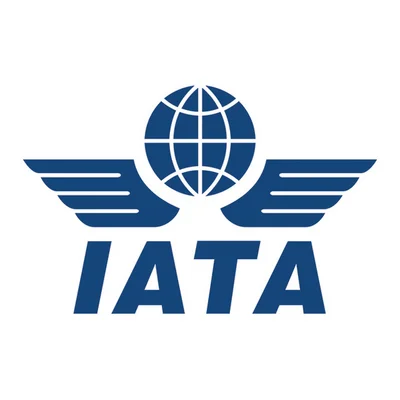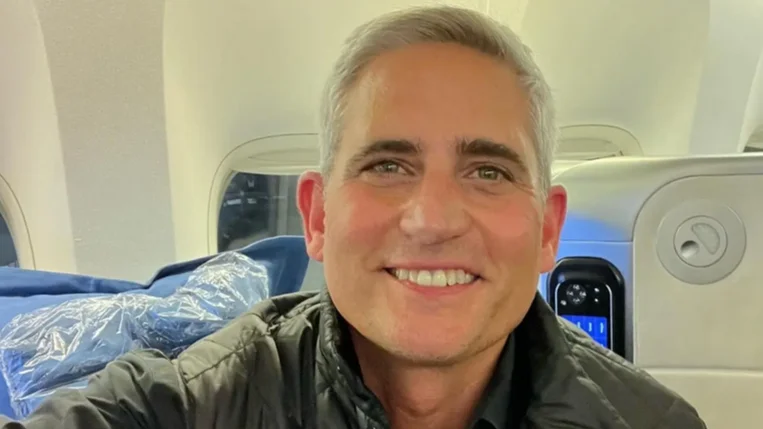This incident adds to growing concerns about bird strikes following recent aviation accidents. Although minor disruptions were caused in this case, other incidents have raised alarms about bird strikes potentially leading to more severe outcomes. For instance, Azerbaijan Airlines' crash was attributed to Russian air defense systems, while Jeju Air's accident remains under investigation amid reports of a possible bird strike during approach.
Historically, bird strikes have seldom resulted in fatal commercial airline crashes. According to the Federal Aviation Administration (FAA), only three significant incidents have occurred over the past 14 years. One notable event was US Airways Flight 1549's "Miracle on the Hudson" on January 15, 2009, where pilots successfully executed an emergency landing on the Hudson River after Canada geese were ingested into both engines.
Another example is Ural Airlines Flight 178 on August 15, 2019, which landed in a cornfield near Moscow after herring gulls struck its engines during takeoff. In both cases, there were no casualties despite irreparable damage to the aircraft.
The Ethiopian Airlines Flight 302 crash on March 10, 2019, stands out as a tragic exception linked to a bird strike when all onboard perished due to complications involving the Boeing 737 MAX's Maneuvering Characteristics Augmentation System (MCAS).
FAA statistics indicate an increase in wildlife strikes due partly to rising wildlife populations and quieter modern aircraft engines that fail to deter animals along flight paths. In 2023 alone, there were over 19,600 reported wildlife strikes—a significant rise from previous years—with birds accounting for most incidents.
Despite increased reporting of such events due to recovering air traffic post-pandemic and technological advancements in aviation safety measures, not all wildlife encounters result in severe damage or loss of life.
On December 24—the same day President Biden signed legislation naming the bald eagle as America's national bird—the injured raptor involved in Horizon Air's incident had to be euthanized due to severe injuries sustained during impact.
As aviation continues evolving alongside wildlife conservation efforts across North America’s skies amidst increasing travel demands globally; experts anticipate further monitoring will help mitigate risks associated with potential future occurrences involving various species like eagles or deer impacting operations within airports nationwide while maintaining passenger safety standards paramount throughout industry practices moving forward into new decades ahead yet still unknown fully today...
 Alerts Sign-up
Alerts Sign-up




































